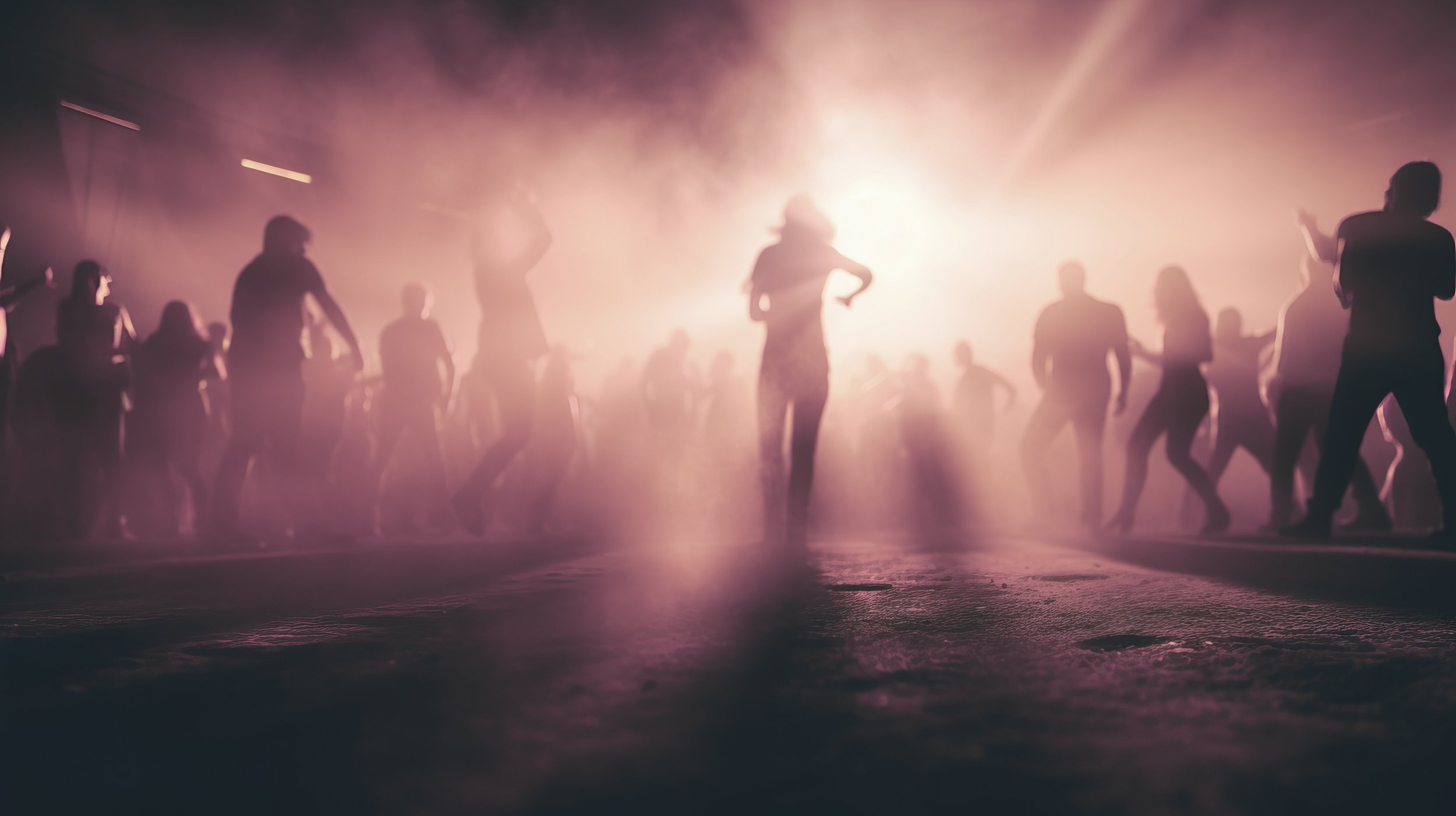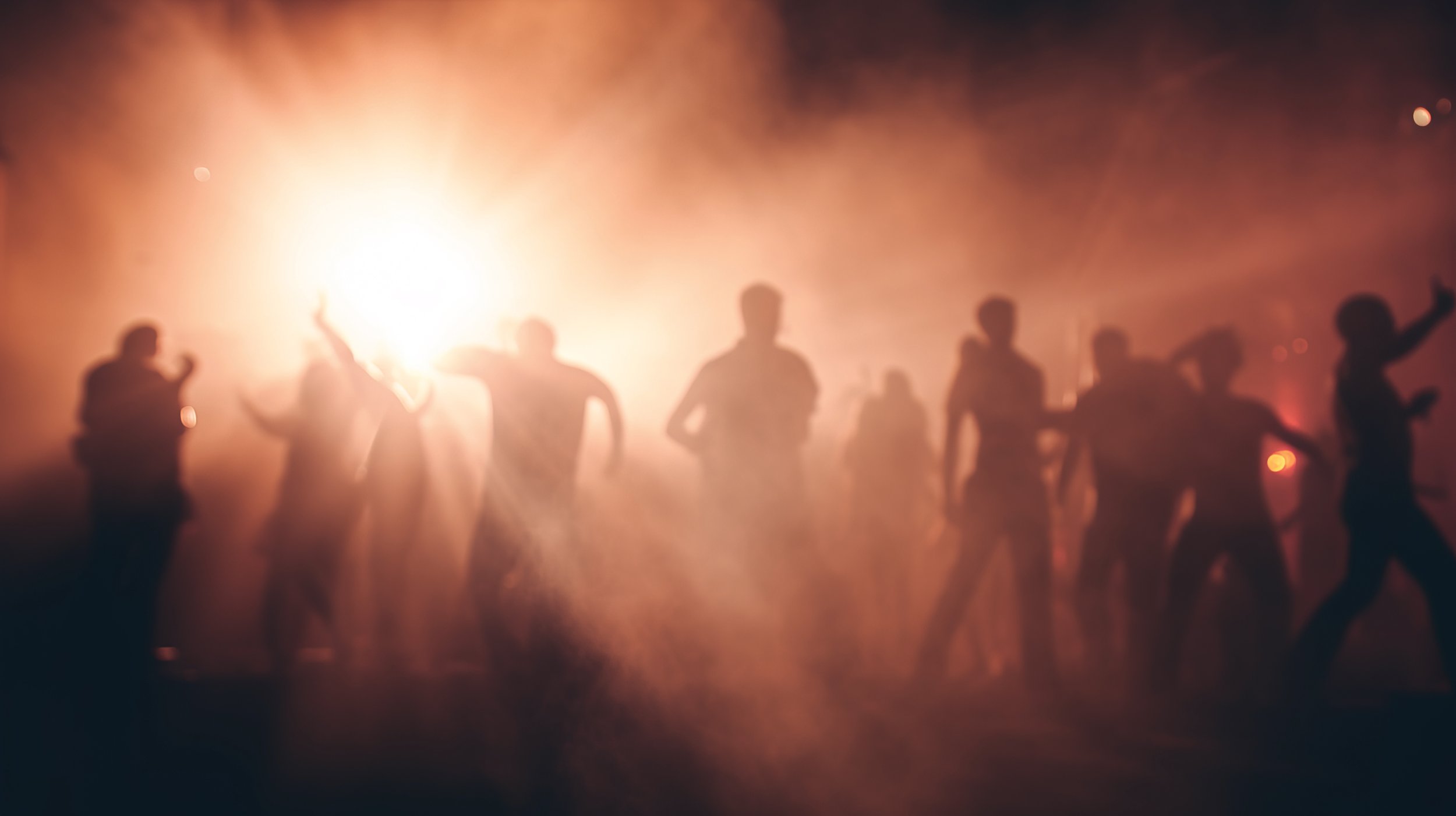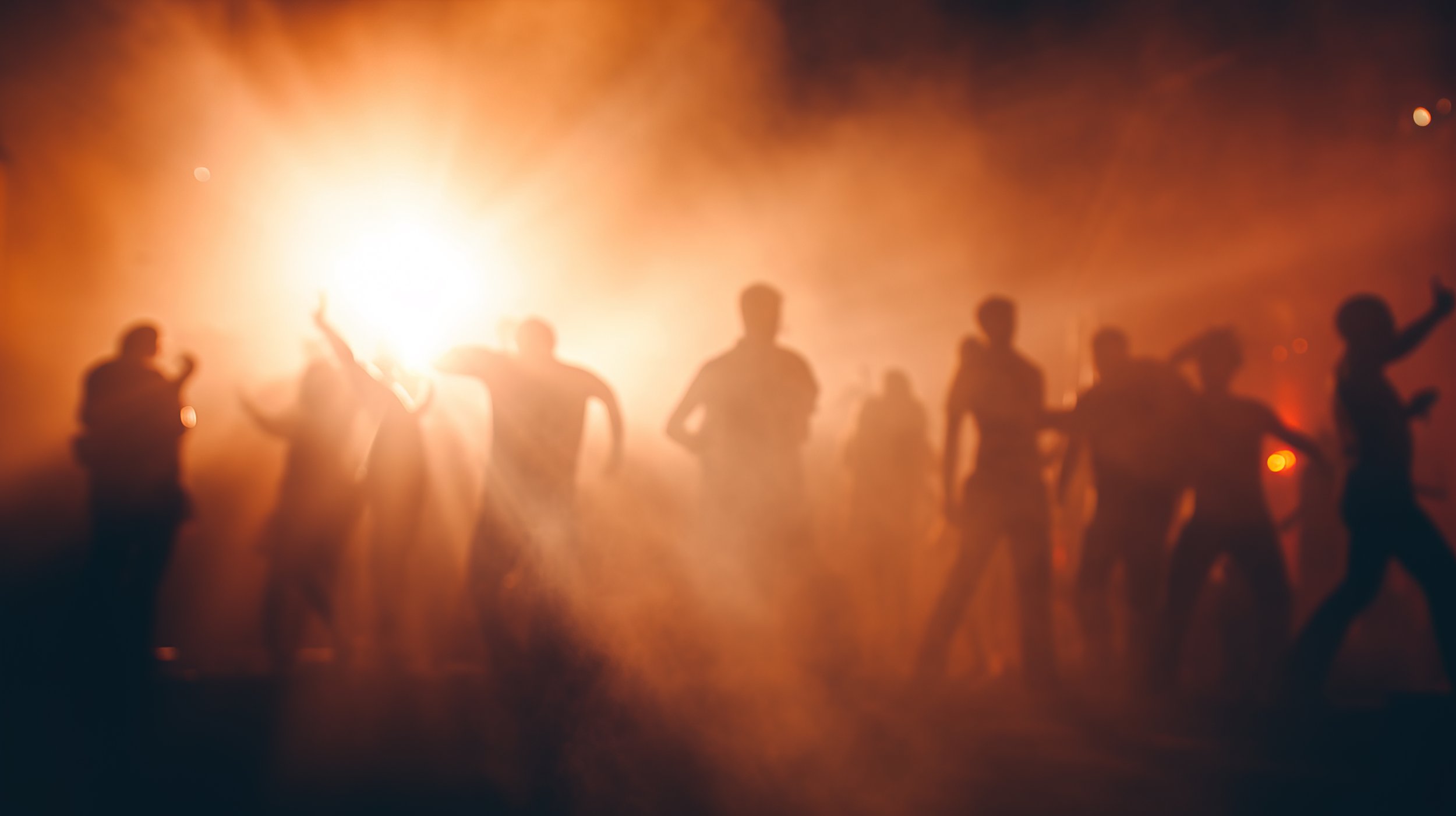
Reading Group
Welcome to the Music Industry Research Collective (MIRC) Music Studies Reading Group, which has been running in various forms and across various institutions, led by Tami Gadir, since 2015.
In its current incarnation, it is hosted at RMIT University (City Campus), School of Media and Communication.
The reading group is open to people at any stage of their music-related studies, from undergraduate students to full professors to retired scholars. Music industry or music industry-adjacent people are also welcome, including teachers of all kinds.
It is run voluntarily in the spirit of service to the academic and broader community and there is no cost for attendance.
Find out more about the reading group and join the mailing list by contacting Sam Whiting here.

2025
January 29
Discussion led by Sam Whiting on: Pelly, Liz. “The Ghosts in the Machine: Spotify’s plot against musicians”, Harpers.org and Pelly, Liz. “Socialized Streaming: A Case for Universal Music Access”, Real Life Mag.
TBA
TBA
February 26
Discussion led by Max Melit on: “The Problem? Welcome to the democratic, DIY music business” - Chapter 1 of Ellis Jones’ DIY Music and the Politics of Social Media (Max recommends pages 1-10 specifically); and “Towards a Political Aesthetics of Music” – David Hesmondhalgh (Max suggests pages 364-366).
TBA
TBA

Reading Group Goals
To get together with peers to share ideas and remain connected to a community of scholarly practice.
To read and learn from sources outside of our own specialized areas.
To read across musical genres, historical periods, disciplines, and methods.
To improve analytical and critical reading skills.
For students and earlier career scholars: to build confidence, learn from others, and gain experience in a low-pressure, welcoming setting.
For mid-later career scholars and retired scholars: to stay in dialogue, exchange ideas with, and gain inspiration from, students and colleagues.
For students and scholars from non-English speaking backgrounds: a low-pressure and welcoming setting to practice your spoken communication of scholarly ideas.
For those who tend to work alone such as PhDs and postdocs: to anchor your month in a regular meetup and maintain connection with a scholarly community.
For those with teaching-heavy workloads: to provide motivation to continue reading when there is little time or impetus to do so otherwise.
For those who research music topics but do not belong to an easily defined discipline: to have a group of peers to share work and ideas with and be part of a scholarly community.
